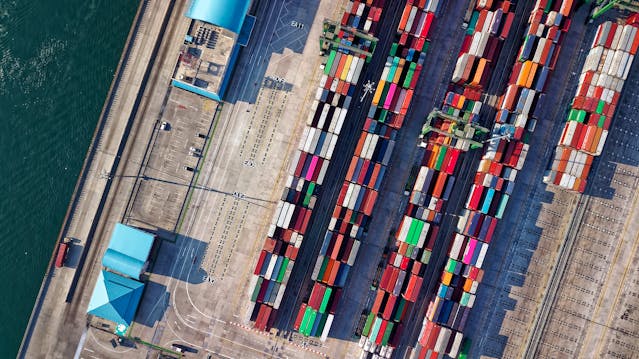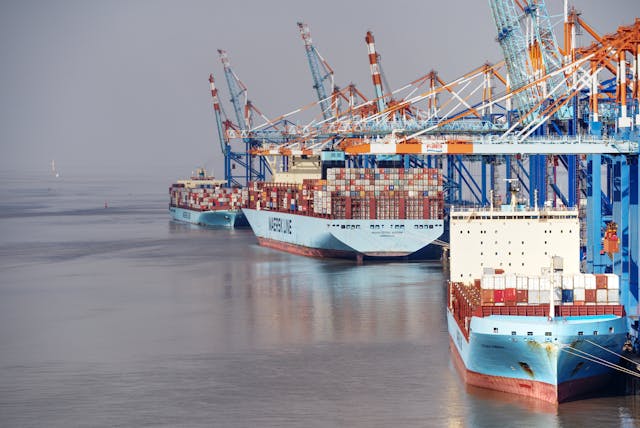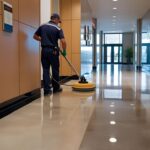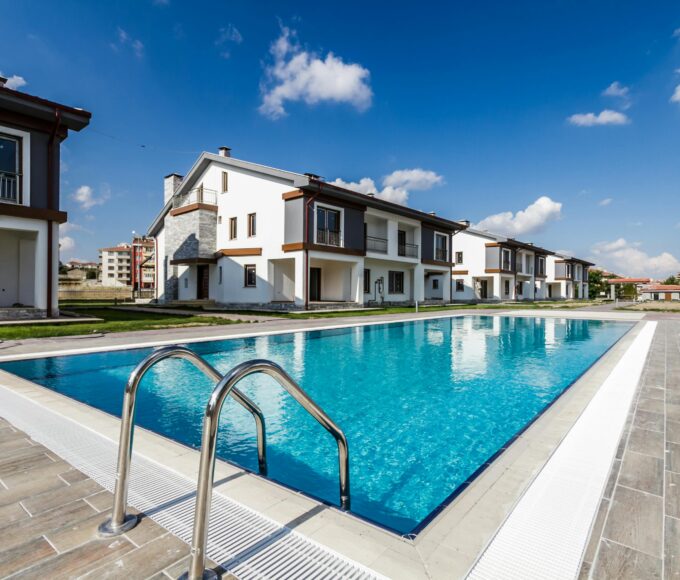Adelaide is poised for a revolution in logistics and transportation. Being one of Australia’s major cities, it is essential for bringing people and products together from different areas. Thanks to creative thinking and technology breakthroughs, this business is changing quickly.
Transportation is changing with the advent of drone delivery and electric cars. These modifications offer a more sustainable approach to logistics in addition to increased efficiency. Businesses must change or risk falling behind as environmental issues and customer demands become increasingly urgent.
What does Adelaide stand to gain from this? It indicates that there are plenty of chances for businesses seeking to innovate as well as for customers who want quicker, more environmentally friendly services. Come along as we examine these fascinating advancements influencing how our city will handle logistics and transit in the future.
Innovative Transportation Solutions: Drone Delivery, Autonomous Vehicles, and Electric Vehicles
A new age of transit is being embraced by Adelaide. The increasing popularity of electric vehicles (EVs) is changing the way people and products travel across cities. Charging stations are becoming everywhere as infrastructural support grows.
This change has an exciting new dimension thanks to autonomous cars. Our roadways will be safer and more efficient thanks to these self-driving vehicles. In order to expedite delivery services, businesses are testing them widely in metropolitan environments.
Additionally, drone delivery is becoming more popular. Instead of days, picture shipments showing up at your door in a matter of minutes! Drones can efficiently satisfy client requests while minimising traffic because of their rapid navigation.
Together, these creative fixes give Adelaide’s transit system a vibrant look. They solve environmental issues in addition to improving convenience, opening the door for more intelligent logistics systems that are advantageous to all parties.
Green fleet management and last-mile delivery options are examples of sustainable logistics practices.
Transport and Logistics Adelaide is revolutionising company operations. With an emphasis on cutting emissions and increasing fuel economy, green fleet management is essential. Businesses are increasingly spending money on environmentally friendly automobiles that run on electricity or other fuels.

Solutions for last-mile distribution are just as crucial. The trip’s last leg may have the highest carbon footprint. Electric vans and bike couriers are two cutting-edge strategies that are becoming more popular since they reduce environmental impact while increasing service speed.
In order to optimise routes and cut down on needless mileage, businesses are also using technology. This drastically reduces greenhouse gas emissions while also saving money.
Sustainable practices are further supported by cooperation with local authorities. Businesses might collaborate to achieve shared objectives for more environmentally friendly logistics by pooling resources or infrastructure. These programs demonstrate a dedication to environmental stewardship and profitability in Adelaide’s transportation and logistics industry.

Industry Cooperation and Partnerships for a More Effective Future
In Adelaide’s transport and logistics sector, teamwork is increasingly becoming essential. Businesses are seeing the value of partnerships as obstacles continue to change. Businesses may exchange technology, resources, and expertise by cooperating.
Additionally, local governments are quite important. They provide assistance by creating regulatory frameworks that encourage innovation and developing infrastructure. This partnership creates a climate in which established firms and startups may prosper together.
Partnerships between the public and commercial sectors are also growing. These partnerships make it possible to exchange best practices and enhance service delivery in a number of industries. When businesses work together, they increase productivity and lower consumer prices.
Moreover, Adelaide’s ecosystem is seeing the emergence of innovation clusters. These areas promote cooperation and innovative thinking amongst universities, logistics specialists, and tech developers. It is now easier than ever for innovative ideas to take off when different brains come together.
It is evident that collaboration at all levels of the sector is essential to the success of Adelaide’s transport system going forward. A more effective transport environment that satisfies present needs and future goals may be developed by embracing this collaborative attitude.
















